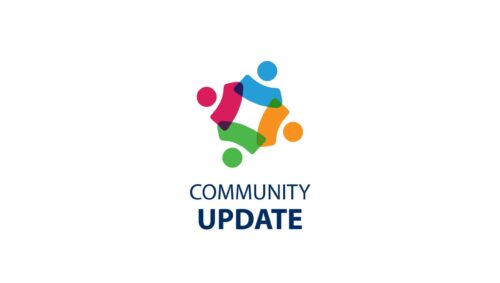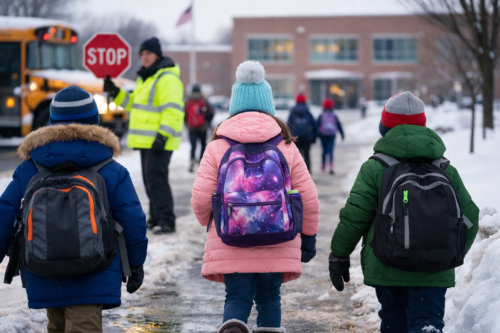Governor Murphy Announces Statewide Stay at Home Order

To mitigate the impact of COVID-19 and protect the capacity of New Jersey’s health care system for the state’s most vulnerable, Governor Phil Murphy signed Executive Order No. 107 on Saturday, directing all residents to stay at home until further notice. The order provides for certain exceptions, such as obtaining essential goods or services, seeking medical attention, visiting family or close friends, reporting to work, or engaging in outdoor activities.
“From day one, we’ve made a commitment to be guided by the facts and take any action necessary to protect the health and safety of New Jersey’s nine million residents,” said Governor Murphy. “We know the virus spreads through person-to person contact, and the best way to prevent further exposure is to limit our public interactions to only the most essential purposes. This is a time for us all to come together in one mission to ‘flatten the curve’ and slow—and eventually halt—the spread of coronavirus.”
In effort to strengthen the existing social distancing measures in place, the order also prohibits all gatherings of individuals, such as parties, celebrations, or other social events, unless otherwise authorized by the Order. When in public, individuals must practice social distancing and stay at least six feet apart whenever possible, excluding immediate family members, caretakers, household members, or romantic partners.
Governor Murphy’s Executive Order further directs the closure of all non-essential retail businesses to the public, with the exceptions of those listed in the box below.
Nothing in the Order shall limit 1) the provision of health care or medical services; 2) access to essential services for low-income residents, such as food banks; 3) the operations of the media; 4) law enforcement agencies, or 5) the operations of the federal government.
Also, the order mandates that all businesses or non-profits, wherever practicable, must accommodate their workforce for telework or work-from-home arrangements. To the extent a business or non-profit has employees that cannot perform their functions via telework or work-from-home arrangements, the business or non-profit should make best efforts to reduce staff on site to the minimal number necessary to ensure that essential operations can continue.
Examples of employees who need to be present at their work site in order to perform their job duties include, but are not limited to, law enforcement officers, fire fighters, other first responders, cashiers or store clerks, construction workers, utility workers, repair workers, warehouse workers, lab researchers, IT maintenance workers, janitorial and custodial staff, and certain administrative staff.
The Order continues existing bans on recreational and entertainment businesses, requirements that all restaurants operate by delivery and takeout only, and the directive that all pre-K, elementary, and secondary schools close and all institutions of higher education cease in-person instruction.
Governor Murphy also signed Executive Order No. 108, which invalidates any county or municipal restriction that in any way will or might conflict with any of the provisions of Executive Order No. 107. Municipalities or counties cannot 1) make any additions to or deletions from the list of essential retail businesses; 2) impose any additional limitations on businesses beyond the Governor’s Order; 3) impose any additional density or social distancing requirements; or 4) impose any additional restrictions on freedom of movement. The only exceptions over which municipalities or counties may impose any additional restrictions are: 1) online marketplaces for arranging or offering lodging and 2) municipal or county parks.
All additional county and municipality restrictions, subject to the provisions above, are not only invalidated, but, going forward, municipalities or counties may not enact or enforce any rule or ordinance which will or might conflict with any of the provisions of Executive Order No. 107.










